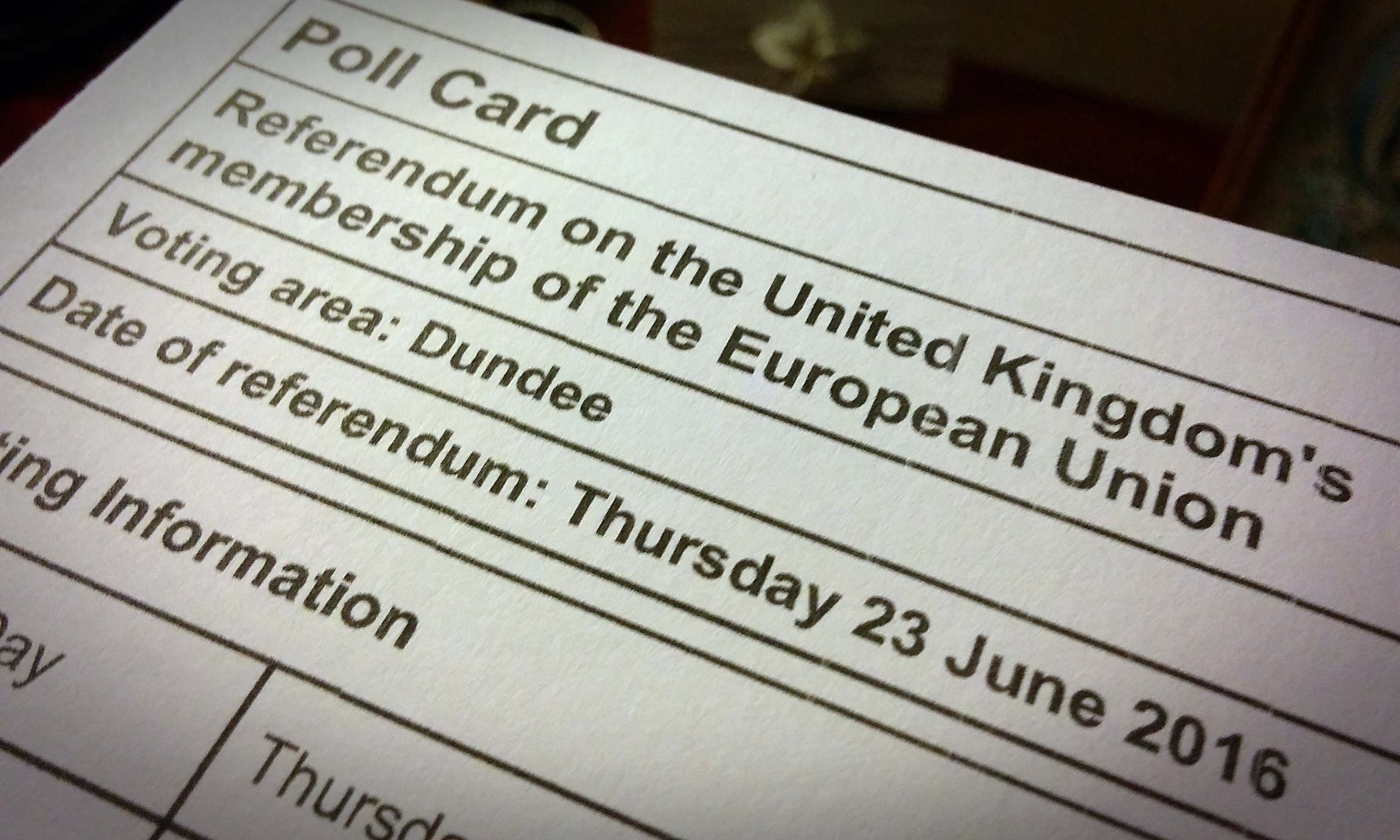Almost nine in 10 university staff plan to vote to remain in the EU, according to a poll.
And around two in five say they are more likely to leave the UK if there is a vote in favour of Brexit.
The Times Higher Education (THE) online survey, which attracted 1,082 responses from academics and support workers, found that the vast majority have made up their mind how they will be voting in the referendum.
Overall, 88.5% said they intend to vote Remain, less than one in 10 (9.5%) said they will opt for Leave and just 2.1% were undecided.
While 59% said the outcome of the vote will not affect whether they stay working in UK universities and colleges, 40% admitted they would be more likely to leave the country in the event of a Brexit. Around 1% said they would be more likely to leave if the nation voted to remain in the EU.
Among academics who gave their subject field, support for Remain was highest in the social sciences and business and law, while support for Leave was highest in engineering.
One worker said: “My entire research team is funded by EU money. Obviously without belonging to the EU we can’t continue with the work we are doing, and given the ESRC (Economic and Social Research Council) etc don’t usually fund work in our field very much these days, it’s just not realistic to imagine that alternative funding will be made available.
“So I have a feeling we might move bit by bit over to Germany, where the funding for this kind of research is pretty handsome, and better supported generally.”
John Curtice, professor of politics at the University of Strathclyde, said there are several factors that could explain the lean towards Remain among universities workers.
He suggested that these staff “epitomise the relatively socially liberal climate that you will see in most universities”; that academics work in “a profession that’s become increasingly globalised and has a relatively large proportion of non-UK citizens working inside it”; and that “universities have been telling us that it’s in their interests to stay inside the European Union”.





